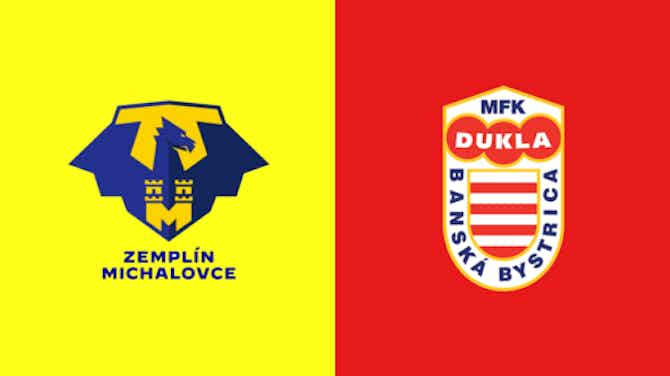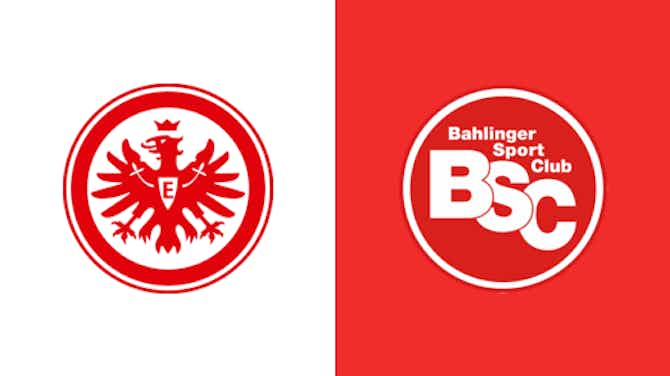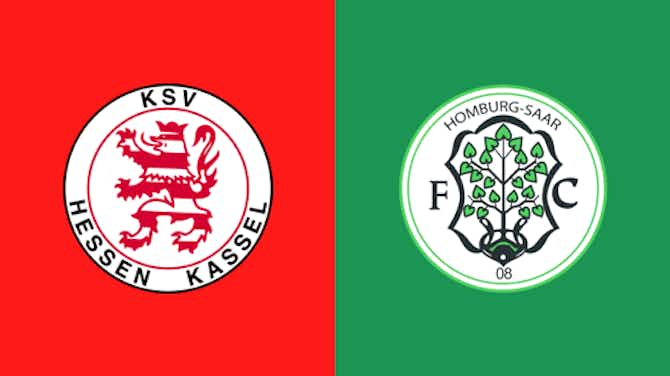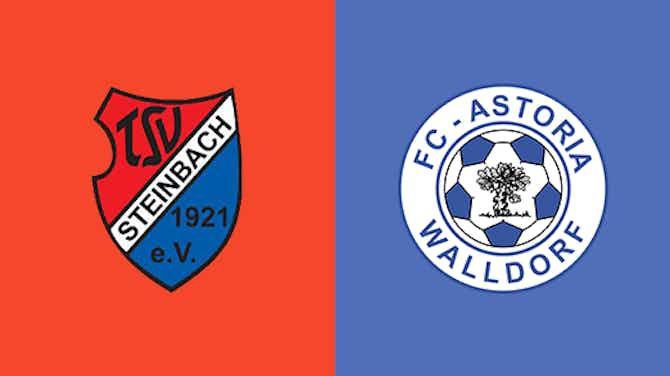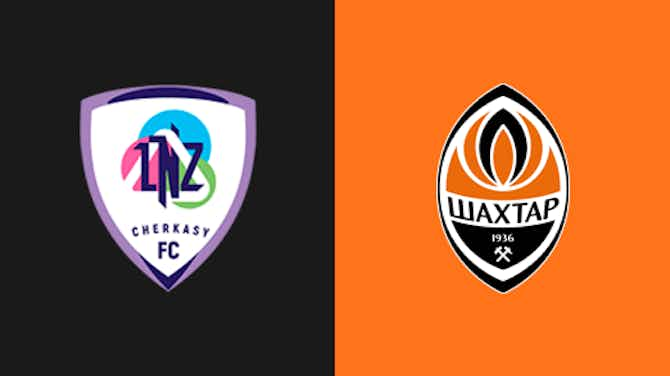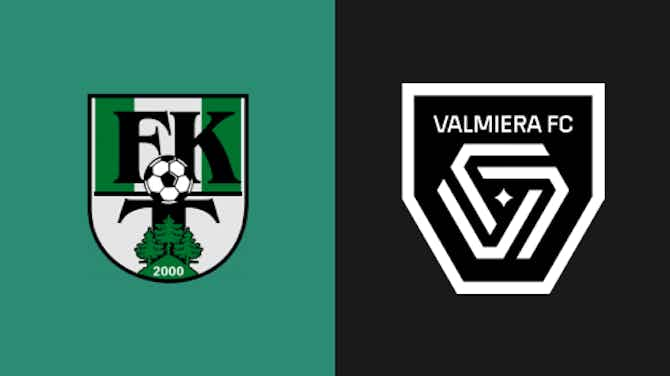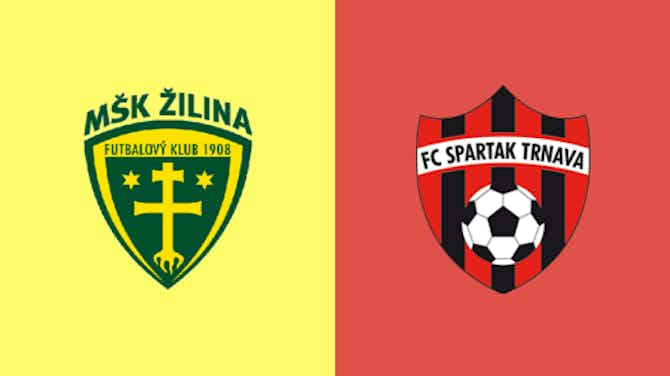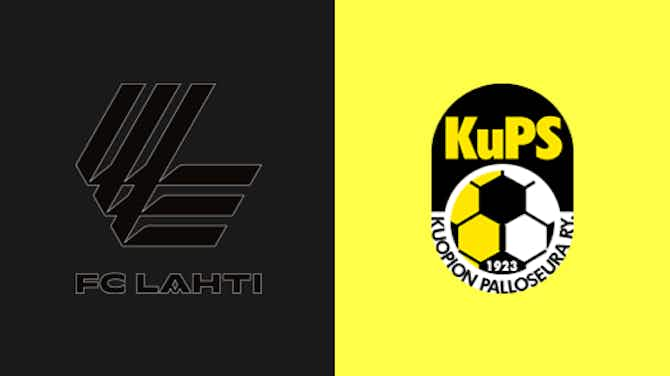OneFootball
Alex Mott·2 June 2020
⭐ Onefootball's greatest ever teams: In 5th place is ...

OneFootball
Alex Mott·2 June 2020

With so much football on pause, we’re taking a look back through history.
After much discussion at Onefootball HQ, we’ve put together a list of the top 20 club teams of all time.
Our countdown has now reached number five …

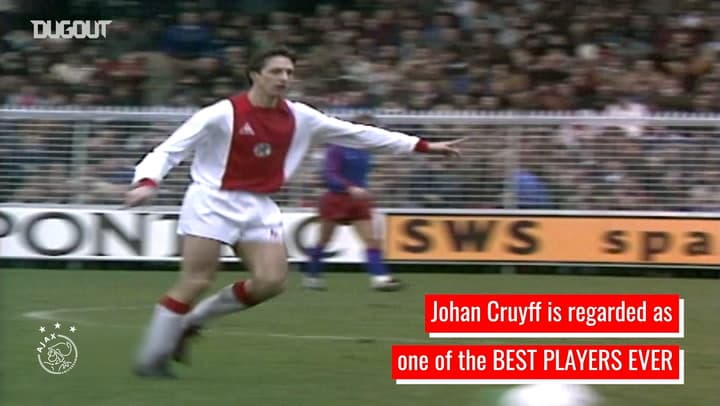
How do you assess the greatness of a club side?
It’s an almost unenviable task, especially when you are comparing across generations.
Football in the 1950s isn’t the same sport compared to football in 2020.
But some club teams remain relevant, even if their heyday was half a century ago.
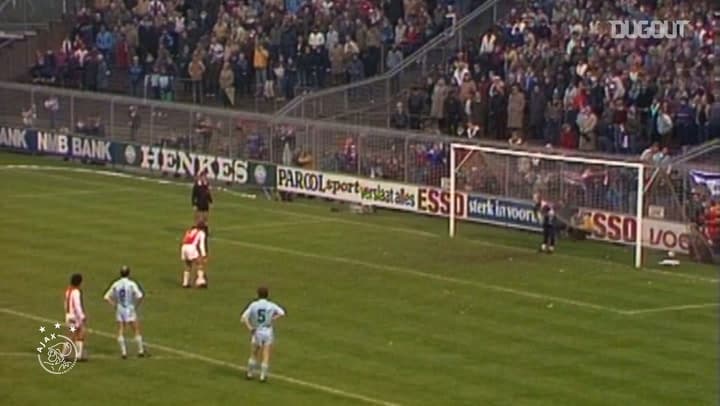
It was, as Hugh McIlvanney put it, “football from another planet”, football unlike anyone has ever seen before.
We are, of course, talking about the Ajax side of the early 70s, the Ajax side that invented – and some may perfected – total football.
As relevant today as they were in 1970. The fore-bearers for everything that was to come.
In David Winner’s Brilliant Orange he reveals that the nexus behind Ajax’s football philosophy was all about space, and how to create it when there was none.
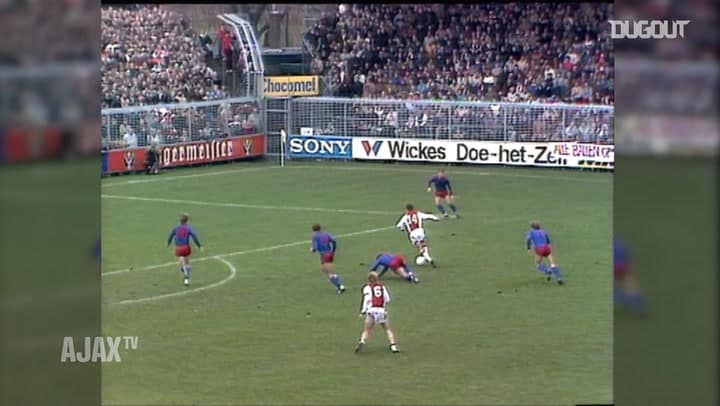
Amsterdammers had been doing that for centuries, carving land from the uninhabitable canals of the countryside and turning the Netherlands’ capital into one of the most remarkable cities in Europe.
Rinus Michels, a maverick coach born and raised in the city, took those principles of ingenuity and craftsmanship and applied them, not to the waterways of Holland, but its football pitches.
He was lucky, in some respects, to cross paths with arguably the finest footballer Europe has ever produced.
A genius with a ball at his feet but also one of the game’s true thinkers, Johan Cruyff was special from day one and with Michels as his North Star took Ajax to the summit of world football.
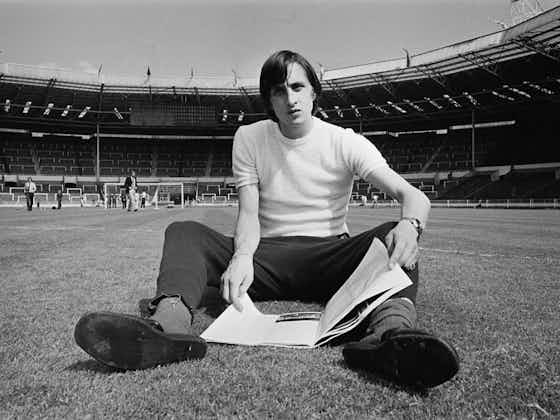
The capital club were a national power well before 1971 but it wasn’t until the twin geniuses, backed up by an astonishing array of talent elsewhere, that they hit the European scene square in the face.
Panathinaikos – coached by Ferenc Puskas no less – were beaten in the European Cup final that year, in what would go on to be the first of three-straight trophies this Ajax would win.
But it wasn’t just the silverware that made jaws drop and eyed widen.
No, it was the way they went about hoarding those medals.
A new way of playing, where Cruyff could drop from centre-forward to centre-back in a heartbeat, where Arie Haan – nominally a sweeper – could pop up and tap home a winner from three yards out.
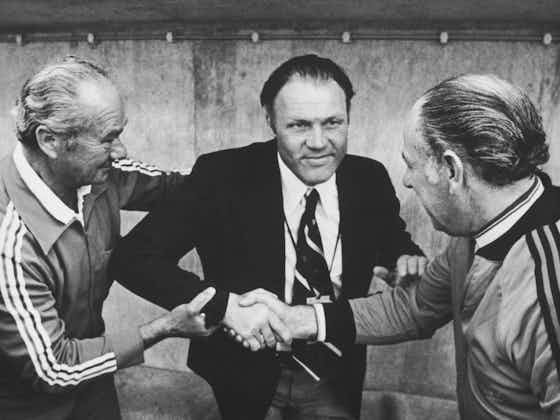
This was short passing, but not passing for the sake of it, passing to find angles, to create space, to frustrate the opposition.
Not only did it frustrate opponents, it bamboozled them too.
Ajax didn’t lose a game at home in the Eredivisie for three years and made Inter Milan, one of the best defensive sides of all-time, look like pub players in the 1972 European Cup final.
Twelve months later it was Juventus, another extraordinary defensive outfit, who were beaten as Ajax looked well on their way to repeating what Real Madrid had done in the 1950s.
But the departure of Michels and Cruyff to Barcelona in 1974 led to an exodus of talent from the Dutch capital and ended what was an almost perfect three-year spell of total dominance.
“Playing football is very simple. Playing simple football is the hardest thing of all.”
Twas ever thus.






